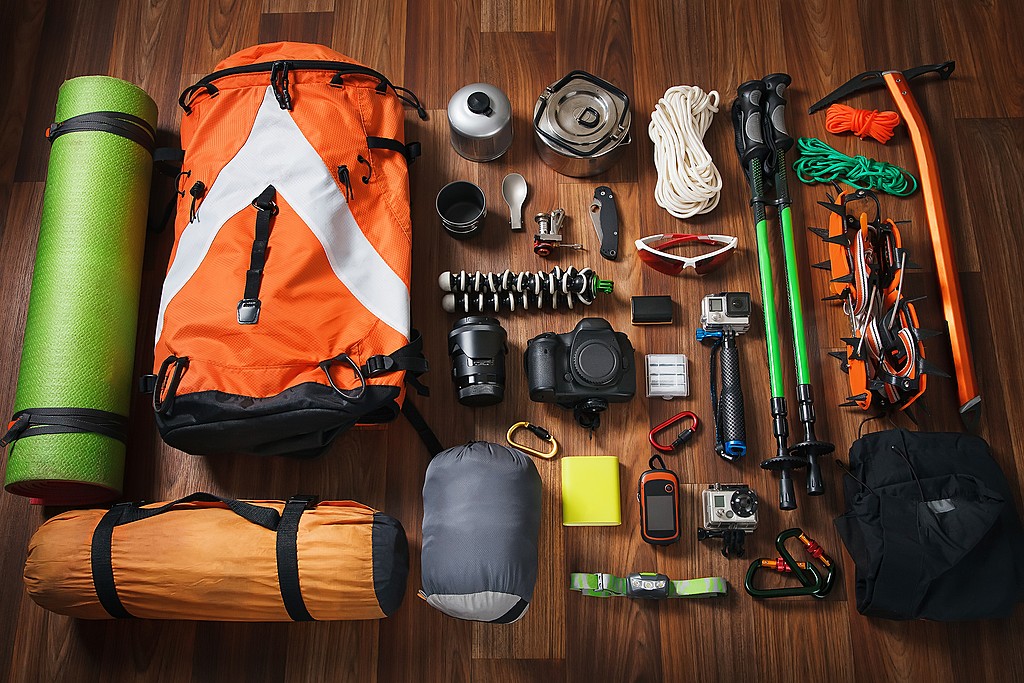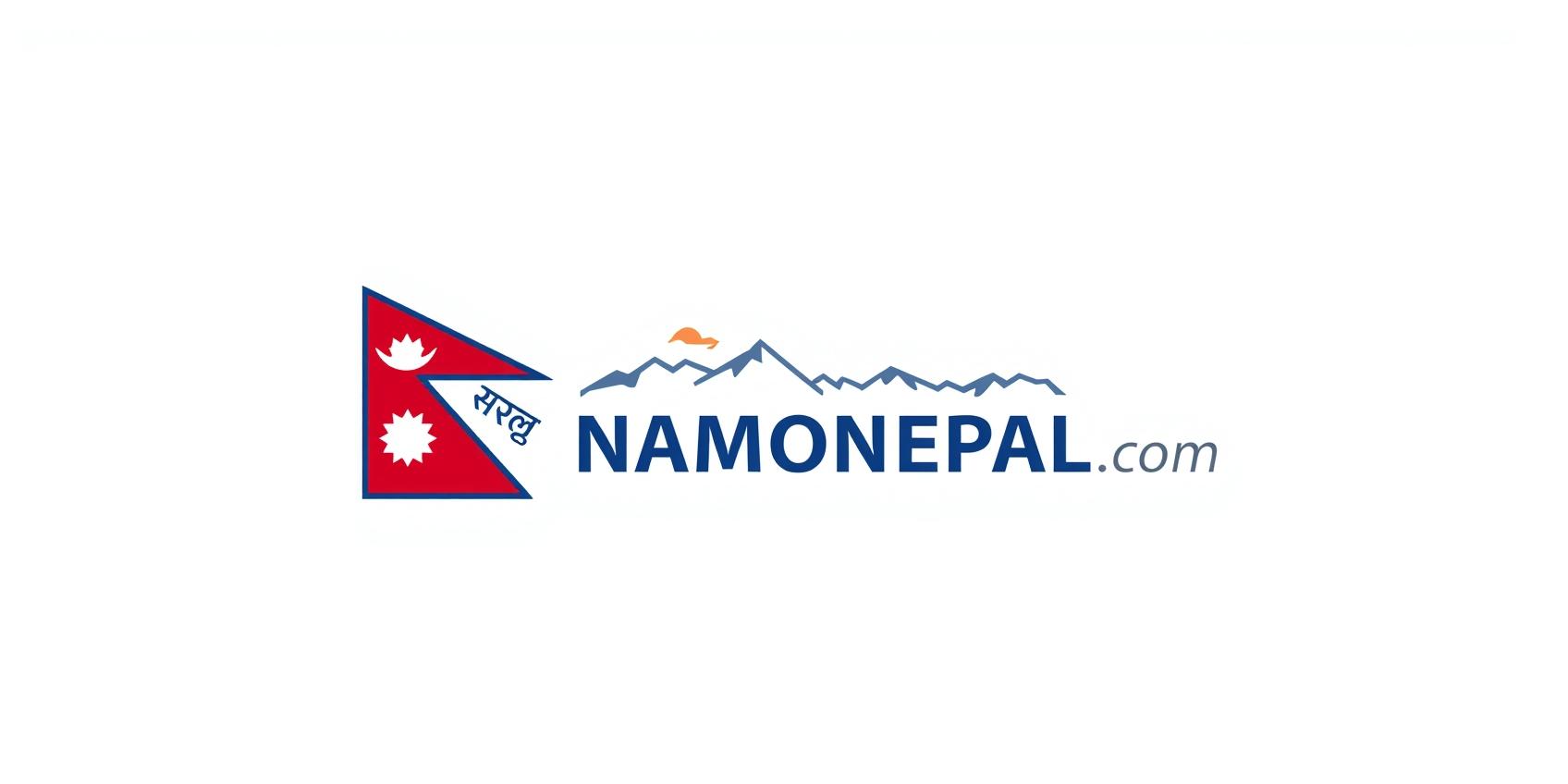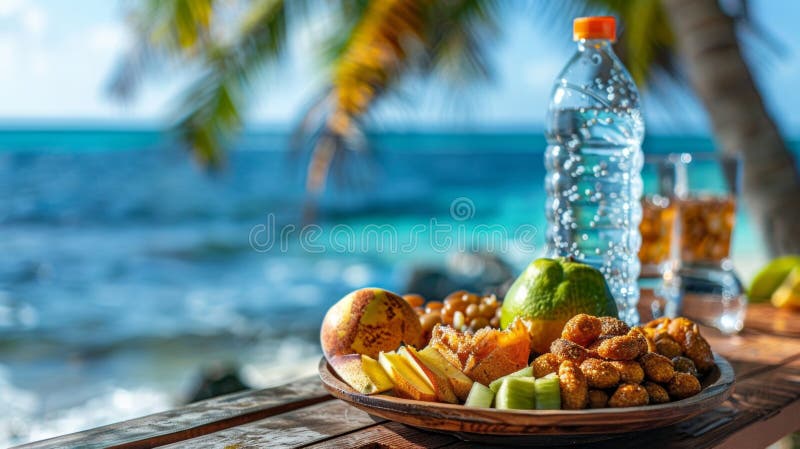Stay Healthy and Safe: Comprehensive Health & Vaccination Guidance for Nepal Travel 2025
Traveling to Nepal in 2025? Ensuring your health and safety starts with being well-informed about vaccinations, disease prevention, and health tips specific to Nepal’s unique geography and culture. From routine immunizations to precautions against regionally prevalent conditions like Japanese encephalitis and typhoid, this guide equips you for a safe and fulfilling journey.

Why Health Preparation Matters for Nepal Travel
Protect Yourself with Knowledge & Proactive Care
- Nepal offers breathtaking landscapes but comes with health challenges including tropical diseases and altitude sickness.
- Vaccinations prevent common and severe illnesses such as hepatitis A and typhoid prevalent in the region.
- Being prepared reduces medical emergencies and enhances travel comfort.
- Up-to-date health awareness empowers safe participation in adventurous activities like trekking.
10+
essential vaccines recommended
2,000 m
Malaria risk below this elevation
Typhoid
common foodborne illness
June-Oct
Japanese encephalitis risk
Health Landscape in Nepal: Vaccinations and Safety
Understanding Risks and Prevention Measures
Nepal’s diverse topography from low plains to high Himalayas presents varying health risks. Diseases transmitted by mosquitoes—like Japanese encephalitis and chikungunya—are mostly in southern lowlands and monsoon season. Foodborne diseases such as typhoid and hepatitis A are common, necessitating vaccination and food safety practices.
Respiratory risks and altitude sickness also challenge travelers, especially those trekking above 2,500 meters. Routine vaccines such as MMR, polio, tetanus, and influenza are recommended for travelers.
Health facilities are concentrated in Kathmandu and major cities, so carrying a first aid kit and reliable travel insurance is advised for remote areas.
Recommended Vaccinations & Health Tips
Practical Health Tips for Your Nepal Trip
Consult a travel clinic 6-8 weeks prior. Ensure all routine and recommended vaccines are up-to-date. Pack a comprehensive first aid kit. Use mosquito repellents and nets in risk zones. Drink only safe water and eat freshly cooked food. Understand and recognize altitude sickness symptoms. Purchase travel insurance with medical coverage.
💉
Vaccination Planning
🏔
Altitude Preparedness
🛀
Food & Water Hygiene
🨋
Mosquito Protection
Common Travel-Related Health Concerns in Nepal
Typhoid and hepatitis A – transmitted via contaminated food and water – are among the most common illnesses affecting travelers. Rabies exposure risk exists from animal bites in rural areas, so pre-exposure vaccination is recommended for long stays or fieldwork.
Respiratory infections and COVID-19 remain relevant; vaccinations and mask use in crowded places are advised. Seasonal diseases like Japanese encephalitis peak during monsoon months; vaccination is recommended depending on travel itinerary.

Navigating Vaccinations, Altitude, and Environmental Safety in Nepal
What You Need to Know in Detail
Vaccinations
Visit your healthcare provider early to discuss recommended vaccines. Oral typhoid vaccine requires refrigeration and is less commonly used; injectable forms provide convenience. Rabies vaccination schedules may be adjusted based on exposure risk.
Altitude Sickness
Symptoms include headache, dizziness, fatigue, and nausea. Ascend slowly and consider prophylactic medication like acetazolamide if recommended. Stay hydrated and avoid alcohol.
Food & Water Precautions
Avoid street foods with unknown hygiene, always wash fruits, and drink sealed bottled water. Avoid raw salads and unpasteurized dairy products.
Environmental and Personal Safety
Wear layered clothing for temperature variation. Use insect repellents and consider bed nets in rural areas. Practice responsible trekking and environmental stewardship.
Prepare for a Safe and Healthy Journey to Nepal
Comprehensive health preparation maximizes your experience amidst Nepal’s natural beauty and cultural richness. Follow expert guidance, get vaccinated, and travel with confidence.

Key Health Preparation Checklist
Ensure you have:
- Passport and travel insurance
- Vaccination records
- Adequate supply of medications
- Mosquito repellent and sunscreen
- Safe drinking water options (filter/tablets)
- First aid kit
- Emergency contact info
Health & Vaccination Advice for Nepal – FAQs
Answers to common traveler questions regarding vaccination, altitude, and safety.
Stay Healthy, Travel Happy – Your Nepal Health Guide Awaits
Prepare today for a remarkable and safe journey by embracing Nepal’s health advisories and recommended vaccinations. Your adventure starts with being informed.

